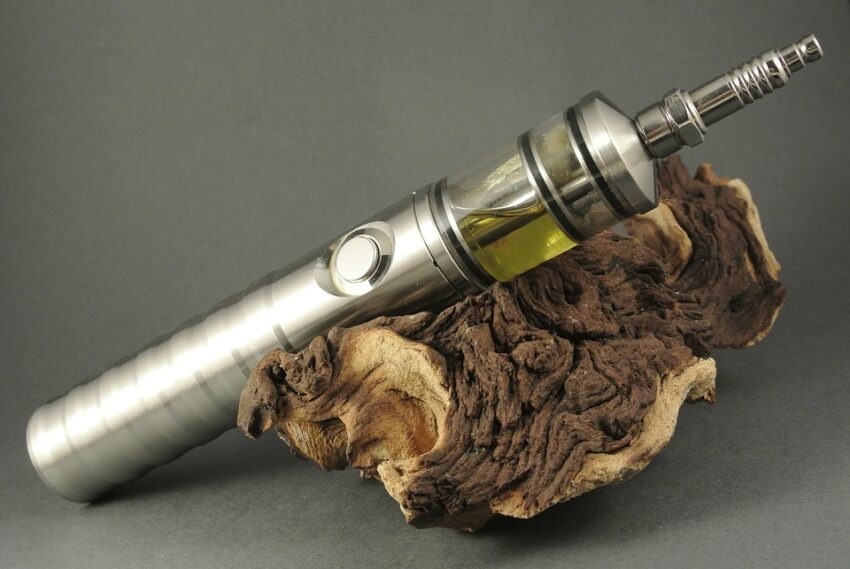Understanding Delta 8: The New Cannabinoid
The world of cannabinoids is expanding rapidly, with new compounds gaining attention for their unique properties and potential benefits. Among these, Delta 8 THC has emerged as a noteworthy player. This article explores what Delta 8 is, its effects, legal status, and potential benefits from indacloud, providing a comprehensive understanding of this intriguing cannabinoid.
What is Delta 8 THC?
Delta 8 THC, or Delta-8-tetrahydrocannabinol, is a naturally occurring compound found in the cannabis plant. It is one of over 100 cannabinoids produced by the plant, but it exists in much smaller quantities compared to its more famous cousin, Delta 9 THC. Delta 8 is chemically similar to Delta 9, the primary psychoactive component in cannabis, but with some differences that affect its potency and effects.
Chemical Structure and Differences
The primary distinction between Delta 8 and Delta 9 THC lies in the location of a double bond in their molecular structure. In Delta 8, this bond is on the eighth carbon chain, while in Delta 9, it is on the ninth. This slight variation results in different interactions with the body’s endocannabinoid system, leading to a milder psychoactive effect for Delta 8.
Effects and Benefits of Delta 8
Delta 8 THC is gaining popularity for its unique effects, which are often described as a middle ground between CBD and Delta 9 THC. Users report experiencing a clear-headed high, increased focus, and a sense of calm without the anxiety or paranoia sometimes associated with Delta 9.
Potential Therapeutic Benefits
- Anti-nausea: Research suggests that Delta 8 may help reduce nausea and vomiting, making it a potential option for patients undergoing chemotherapy.
- Appetite Stimulation: Delta 8 has been shown to increase appetite, which could benefit individuals with eating disorders or those undergoing treatments that suppress appetite.
- Pain Relief: Some studies indicate that Delta 8 may have analgesic properties, providing relief from chronic pain conditions.
- Anxiety Reduction: Users often report feeling less anxious and more relaxed, which could make Delta 8 a viable option for managing anxiety disorders.
Legal Status of Delta 8
The legal landscape for Delta 8 THC is complex and varies by region. In the United States, the 2018 Farm Bill legalized hemp and its derivatives, provided they contain less than 0.3% Delta 9 THC. This has led to a gray area where Delta 8, derived from hemp, is technically legal at the federal level. However, several states have enacted their own regulations, either banning or restricting its sale and use.
State Regulations
As of now, some states have explicitly banned Delta 8, including Alaska, Arizona, Arkansas, Colorado, Delaware, Idaho, Iowa, Mississippi, Montana, Rhode Island, and Utah. Consumers should check their local laws to understand the legal status of Delta 8 in their area.
Delta 8 in the Market
The market for Delta 8 products is growing, with a variety of options available to consumers. These include edibles, tinctures, vape cartridges, and more. As with any cannabinoid product, quality and safety are paramount. Consumers should look for products that have been third-party tested for purity and potency.
Consumer Considerations
- Source: Ensure the product is derived from hemp and complies with local laws.
- Testing: Look for products that have undergone third-party testing to verify their safety and potency.
- Reputation: Purchase from reputable brands with positive reviews and transparent practices.
Case Studies and Research
While research on Delta 8 is still in its early stages, some studies and anecdotal evidence provide insights into its potential benefits. A study published in the journal “Life Sciences” found that Delta 8 THC exhibited antiemetic effects in children undergoing cancer treatment, with minimal side effects. Another study highlighted its potential for reducing pain and inflammation in mice.
User Experiences
Many users have shared positive experiences with Delta 8, citing its ability to provide a mild high without the intense effects of Delta 9. This has made it an attractive option for those seeking relaxation and relief without the risk of overwhelming psychoactive effects.
Conclusion
Delta 8 THC represents an exciting development in the world of cannabinoids, offering unique effects and potential benefits. Its milder psychoactive properties make it appealing to a wide range of users, from those seeking therapeutic relief to those looking for a more manageable high. As research continues and the market evolves, Delta 8 may become an increasingly important component of the cannabis industry. Consumers should stay informed about its legal status and choose products wisely to ensure a safe and positive experience.
